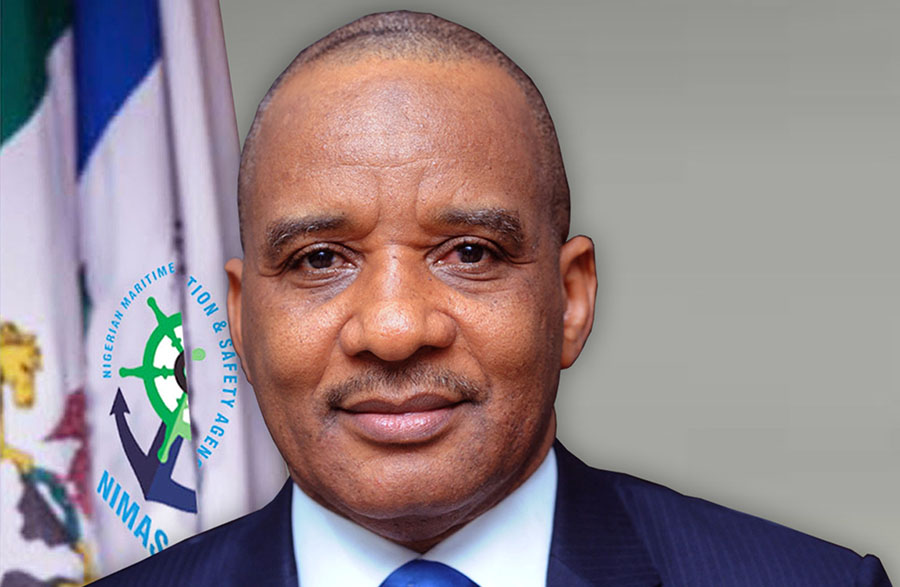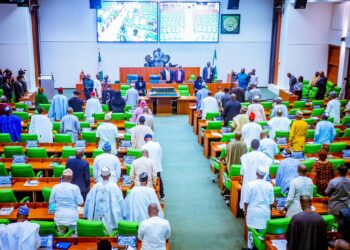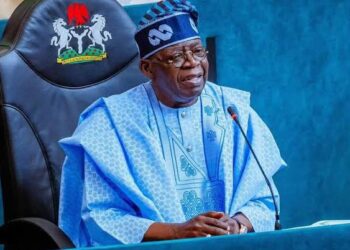Key highlights
- NIMASA is developing a regulatory framework for submarine cable operators in Nigeria.
- The agency said the regulation became necessary for the safety of shipping in Nigerian waters.
- The regulation is being developed in collaboration with the NCC which licenses the submarine cable operators.
The Nigerian Maritime Administration and Safety Agency (NIMASA) has said its moves to regulate the operations of Submarine Cables in Nigeria were precipitated by the need to ensure the safety of navigation shipping in the country’s waters.
The regulatory framework is, however, being developed in collaboration with the telecoms regulator, Nigerian Communications Commission (NCC), which licenses the cable operators.
This was revealed in a statement released by NIMASA’s Assistant Director, Public Relations Mr. Osagie Edward, on Sunday. The statement said that the officials of the two organizations have reached an agreement at a pre-audit meeting on submarine cable regulation.
It quoted the Director-General of NIMASA, Dr. Bashir Jamoh, who chaired the meeting, as saying that the agency was committed to ease of doing business while implementing International Conventions which Nigeria had ratified and domesticated.
The right time to regulate
While noting that Nigeria is now a destination for global communication players, Jamoh said the time has come to prevent unregulated underwater cable laying, which may become hazardous to shipping.
- “It is worthy to note that marine cable laying has been ongoing for over two decades in Nigerian waters. Our focus is to ensure the safety of navigation of shipping in Nigerian waters with all these underwater cables being laid.
- “NIMASA is actually developing the guidelines to regulate submarine cable operators in line with the provisions of the United Nations Convention on the Law of the Sea, (UNCLOS).
- “We do not just implement laws; we consult. Where the responsibility of an agency stops, that is where the responsibilities of another Agency start,” Jamoh added.
NIMASA’s collaboration with the NCC
noted that collaboration was a key component of ease of doing business in the best interest of the country.
The statement also quoted the Executive Vice Chairman of NCC, Prof. Umar Danbatta, as saying that the stakeholders’ dialogue strategy adopted by NIMASA in developing the guidelines would ensure a win-win situation. He enjoined NIMASA to include the Ministry of Justice in the development of the guidelines, a request granted immediately by Jamoh.
The statement quoted the Director-General of Bureau of Public Service Reforms, Mr. Dasuki Arabi, as commending NIMASA and NCC for adopting effective Inter-Agency collaboration to avert a potential challenge for the country in the future.
What you should know
It would be recalled that NIMASA had notified submarine and cable operators in Nigeria of a soon-to-be-implemented regulatory guideline for submarine cables and pipelines in Nigeria, in line with the provisions of UNCLOS.
In Nigeria, there are currently five international submarine cables, with over 40 Tbps of capacity, including SAT3 cable, MainOne cable, Glo1 cable, ACE cable, and WACS cable, landed by Natcom, MainOne, Glo 1, Dolphin Telecom and MTN respectively.





















